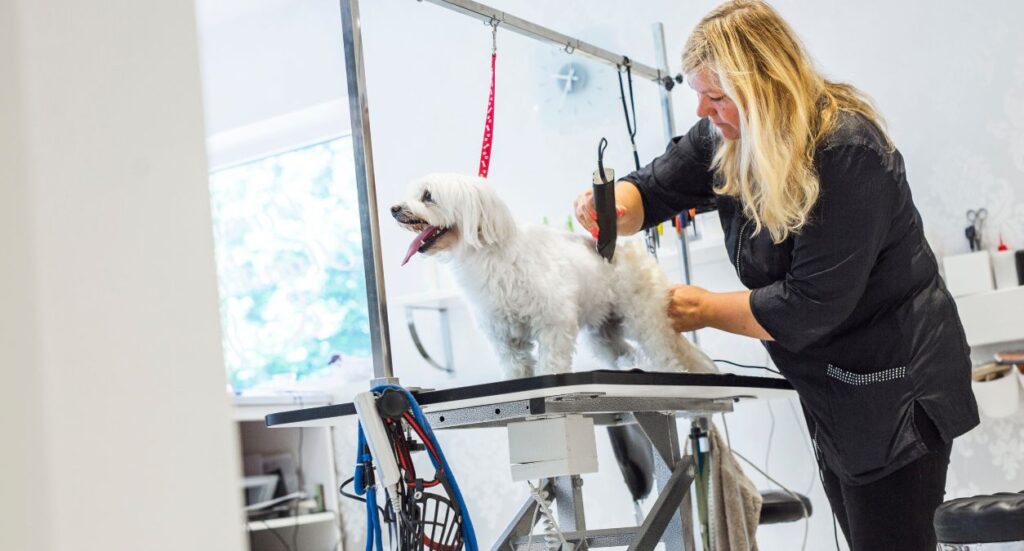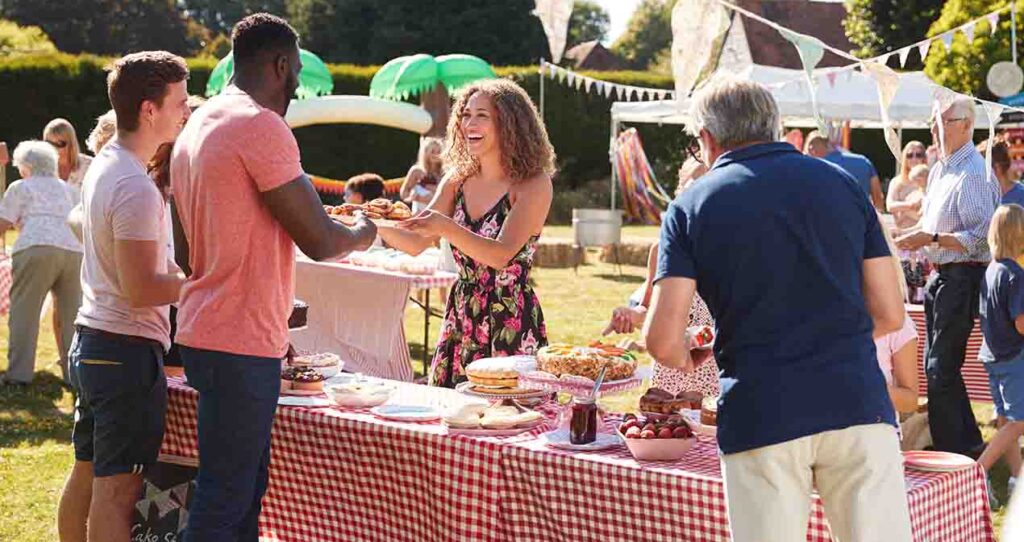Table of contents
If you’re an event planner organising a ticketed occasion, then getting your name out there and converting interest into sales is one of your most important pre-event tasks. Of course, convincing people to part with their hard-earned cash ahead of time can be tricky – but it’s also important to remember that people generally love a bargain or a special deal.
That’s why it’s so important to diversify the way you sell tickets to an event so that you can appeal to different customers with a range of offers that are more likely to pique their interest. In this guide, we’ll explore eight tried-and-tested pricing strategies for event planners, giving you a full variety of options to apply to your future event projects.
About Us
Protectivity provides event cancellation cover for events big and small, indoor and outdoor. Our policies offer public liability, employers’ liability, Event cancellation cover and equipment protection. That way, you can rest assured that you won’t be out of pocket in a worst-case scenario, and can devote your efforts to maximising your ticket sales.
Get Event Insurance from Protectivity
*Disclaimer – This blog has been created as general information and should not be taken as advice. Make sure you have the correct level of insurance for your requirements and always review policy documentation. Information is factually accurate at the time of publishing but may have become out of date.
Last updated by

















